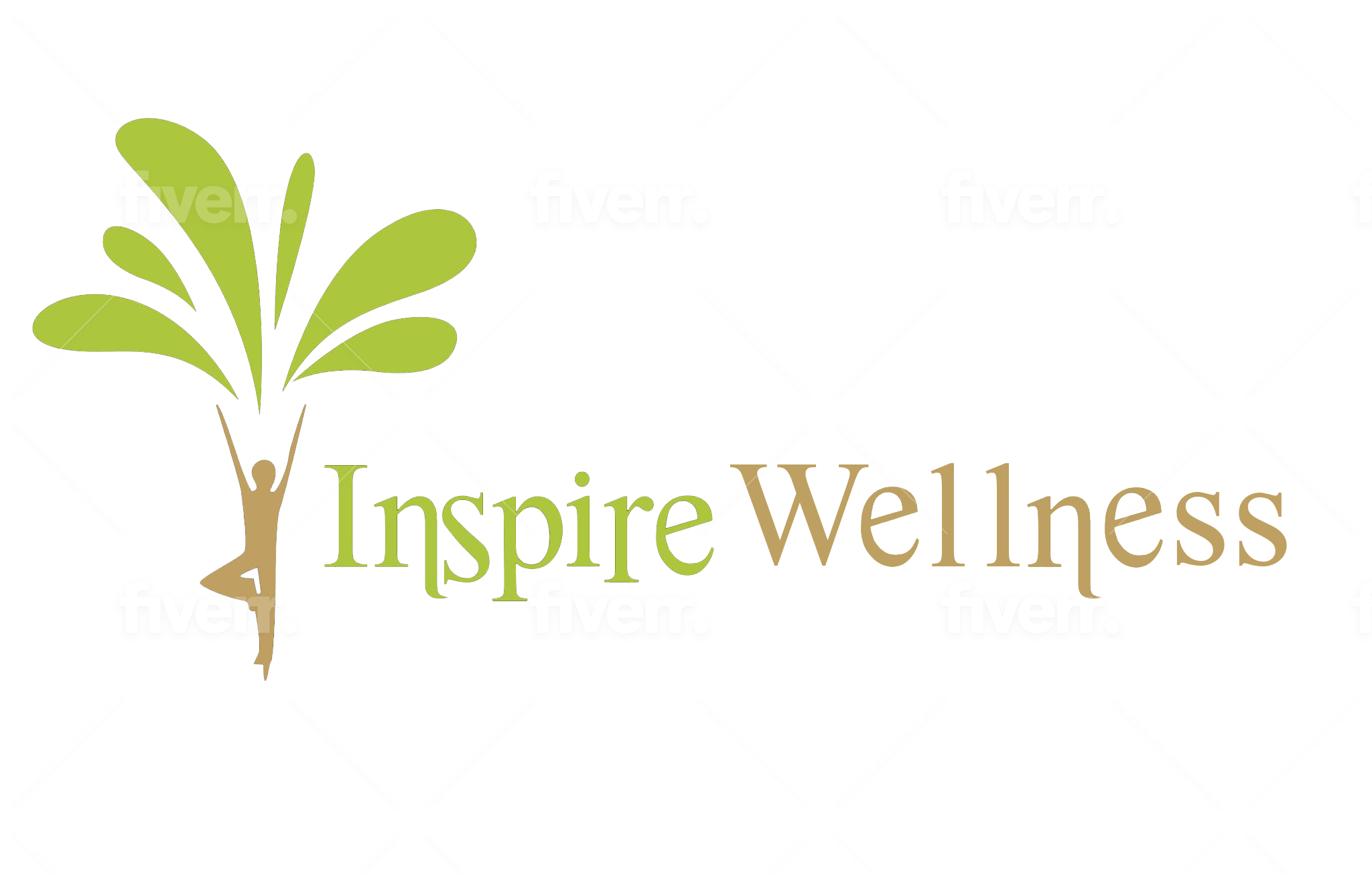The pace of life in Dubai was gotten exponentially faster, this is why we need to be more aware of the downside of this pace, yes we are getting more done- but at what cost? Is there a more efficient way to work? In the long run sustained periods of work stress from high workloads, overlapping deadlines and constant pressure makes us susceptible to burnout, where the body’s energy levels crash, with it mental health is affected as it often connected with low mood and anxiety.
One aspect of wellbeing is awareness, but more importantly it is about taking actions, not about resisting stress but about learning techniques so we can better cope and manage the high stress levels so that we can maintain our productivity, personal wellness and job satisfaction.
How Does Stress Affect Performance?
Chronic stress triggers the body’s “fight or flight” response, this puts the sympathetic nervous system into full gear, releasing cortisol and adrenaline. Stress is a mechanism that is hardwired in our system for survival, it helps with enhanced focus, alertness and concentration- but if this stress is sustained over long periods of time it has severe consequences, such as:
-
- Reduced concentration – Difficulty staying focused on tasks
-
- Lower productivity – Increased procrastination and inefficiency
-
- Emotional exhaustion – Irritability, mood swings, and disengagement
-
- Weakened immune system – More sick days and fatigue
-
- Higher risk of burnout – Complete mental and physical depletion
The good news? With the right techniques, you can regain control and thrive in success driven environments. Here are five proven strategies to manage workplace stress and prevent burnout.
1. Practice Mindfulness and Deep Breathing
Mindfulness helps to switch off from the mental chatter and feel the calm of right now, consciously taking a moment to pause and feel an inner safety. Breathwork is the simplest way to connect the body with the mind and anchor into the parasympathetic nervous system, try this simple exercise:
-
- Inhale deeply for 4 seconds
-
- Hold for 4 seconds
-
- Exhale slowly for 8 seconds
Repeat for 2-3 minutes whenever stress arises. 10 deep breaths in an intentional slower rhythm helps to bring your awareness to bodily sensations, noticing your own presence more, the relaxation response sets in when the mind slows down from the frantic pace of stress. Explore our step by step tutorial guided by Neelam Harjani.
2. Set Clear Boundaries Between Work and Personal Life
Blurred lines between work and personal time contribute to burnout. To protect your mental health:
-
- Define work hours and stick to them
-
- Turn off notifications after work
-
- Schedule “me-time” for hobbies, exercise, or relaxation
A well-balanced routine ensures sustainable productivity, otherwise we are feeling conflicted with guilt when we are at home and feel that we need to always be responsive to work. This prevents us from switching off and giving us the break we need and the time to foster personal connections which adds tremendously to our sense of wellbeing.
3. Prioritise Tasks with the 80/20 Rule (Pareto Principle)
Every task does not have to be assigned as highest importance, the 80/20 Rule suggests that 20% of your efforts drive 80% of results. Identify high-priority tasks and delegate or eliminate low-value work. This reduces overwhelm, boosts efficiency and allows you to focus on your strengths where you will see maximum results from. We have helped clients increase the value they have for themselves which in turn makes them more careful about how they use their time and enhances the value they can deliver to their projects and clients.
4. Take Regular Movement Breaks
Stress compounds when we are sedentary, biologically stress hormones are reset after physical movement, think about in prehistoric ages stress would usually come as a threat on survival where you’d need to run away from danger or combat an attacker, we certainly don’t get the same physical stressors anymore and definitely don’t respond in the same physical means. Sitting for long periods increases stress hormones, activate the body to release cortisol using:
-
- 5-minute walks every hour
-
- Stretching or desk yoga
-
- Short workouts before or after work
Physical activity releases endorphins, improving mood and focus, the Pomodoro technique helps to increase efficiency by strategising 5 minute movement breaks every hour and a 20 minute break every 3 hours- this could be as simple as walking to the water cooler or taking a walking meeting rather than taking the call seated at your desk.
5. Seek Support Through Coaching
Work to create community, if you find that you are feeling isolated or lonely reach out to a wellness coach who can provide personalised strategies to manage stress, build resilience, and prevent burnout. Many companies now offer corporate wellness programs—this brings people together, creates a sense of accountability towards personal wellbeing and enhances the culture of care within the firm.
Glorifying Busy?
We have worked with many clients across the world, and in some cultures stress is seen as a badge of honour, where it feels productive to be fully busy. Now there has been a paradigm shift towards efficiency rather than busyness. What impact do you want to make? Do you want to be remembered as a hot tempered super stressed out executive? By integrating mindfulness, setting boundaries, prioritising tasks, staying active, and seeking support, you can enhance long term productivity while safeguarding your well-being.
Ready to Build a Healthier, More Productive Workplace?
If your team struggles with stress and burnout, corporate wellness coaching can help. Contact us today to create a tailored wellness program that boosts engagement, productivity, and overall happiness at work.
By implementing these strategies, employees and leaders alike can foster a healthier, more resilient workforce. Less stress means better performance—start today with a free discovery call!

